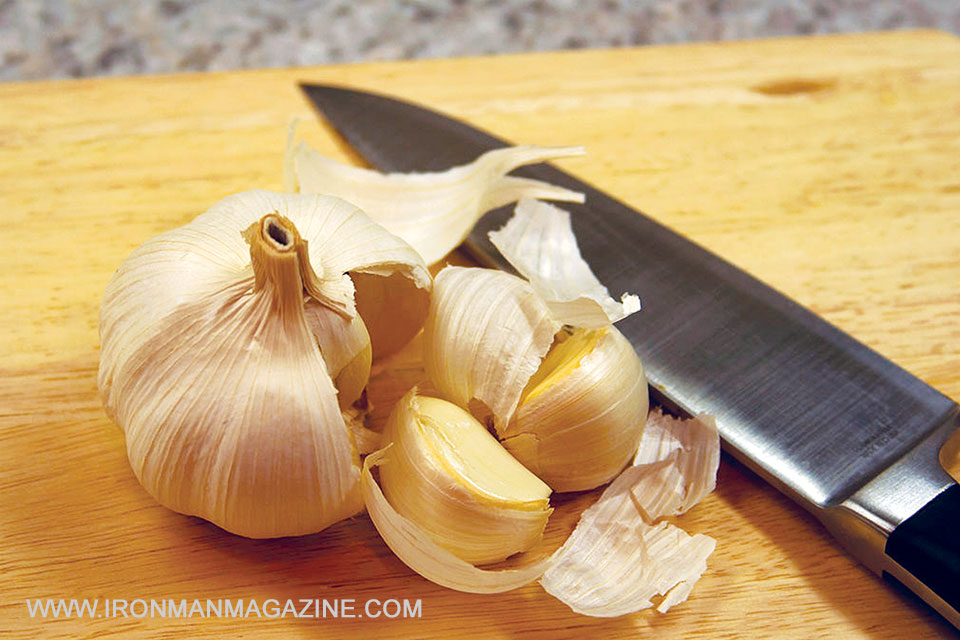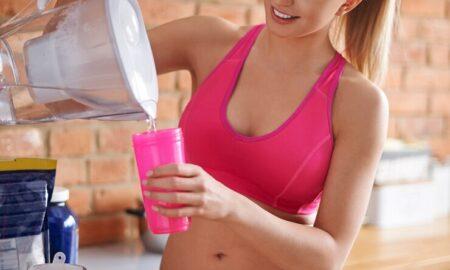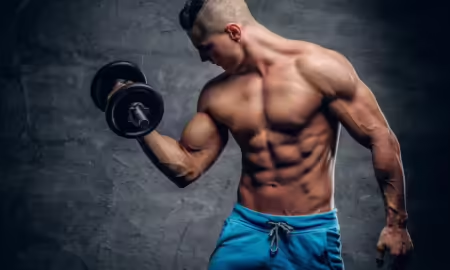

Q: How important is sleep when I’m training hard? How many hours do I need if I want to get the most out of my workouts?
A: The best training plans will not work if you neglect sleep and nutrition. You need eight hours a night. Without it your body doesn’t get enough rest for muscle cell growth and repair. When you sleep, the body produces growth hormone, which triggers protein synthesis in the muscles when you eat protein foods during the day. Lack of sleep can also affect your mood and increase hormonal stress, which will have a negative impact on performance.
I have found that when I’m doing power training in the off-season, I recover faster and get bigger and stronger more quickly when I sleep eight to nine hours a night. Training heavy causes extreme stress on the muscles and connective tissue, and the only way to recover fully is by getting enough sleep.
That said, when I’m in precontest bodybuilding training, stress levels are greater than ever due to reduced calories coupled with double sessions in the gym. Plus, I still have clients to train, and I actually get less sleep than I need. So to maximize my time in bed, I rely on the one-two stack of MHP’s Cyclin-GR and Probolic-SR taken right before I hit the sack.
Cyclin-GF contains ZMA, 5-HTP, valerian root and alpha-GPC, all of which promote deep REM sleep—the time when your body produces anabolic hormones like GH and IGF-1 and when the maturation of muscle precursor cells for increased growth takes place. It definitely speeds recovery and enhances muscular development. I take Cyclin-GF with Probolic-SR, a sustained-release combination protein formula that feeds my muscles for up to 12 hours, so I avoid going into a catabolic state at night.
Bottom line: Your recovery and growth will take a step backward if you do not prioritize sleep. You absolutely must get enough quality sleep every night if you want to grow bigger, faster and stronger.
Q: What’s the difference between organic food and “regular,” non-organic food?
A: During processing, nonorganic foods lose some nutrients, which have to be artificially added back to the food afterward, which is called “fortification.”
Organic foods naturally contain greater amount of minerals and vitamin C, in addition to other nutrients—an obvious benefit from a basic nutrition and health standpoint.
Furthermore, more than 450 pesticides are permitted for use in conventional farming, many of which are toxic, and animals are given antibiotics. Exposure to pesticides is harmful to humans, and such harmful chemicals are not permitted in organic farming. So, when you measure the pros and cons of organic food vs. nonorganic food, organic appears to be better, as it carries fewer health risks.
Q: What are the best workout shoes for running, squatting, bodybuilding, powerlifting, weightlifting and gymnastics?
A: The best general footwear is your feet. In general, your footwear should offer some protection from the elements while still mimicking the natural biomechanics of the foot; that is, it should be totally flat and very thin or minimal. That also applies for running and bodybuilding. No other footwear offers any real benefit. That said, different movement specializations require specialized footwear. If you are training with a barbell and aren’t a geared powerlifter, you should certainly have a pair of weightlifting shoes. I’m referring here to “weightlifting” (one word), the sport that contests the clean and jerk and the snatch, and not the broscience spouted by the average D-bag who throws weights around and calls it “weight lifting” (two words). So, if you squat, clean, jerk or snatch, then you must have weightlifting shoes that have a hard and flat sole, a raised heel and straps. Gymnastic footwear should mimic what gymnasts use—nothing or very close to it.






















You must be logged in to post a comment Login